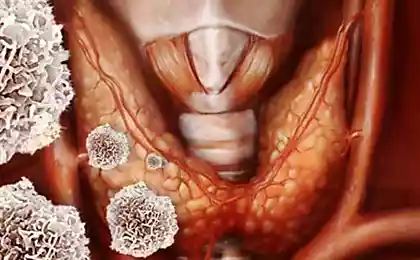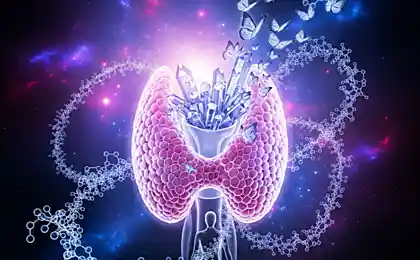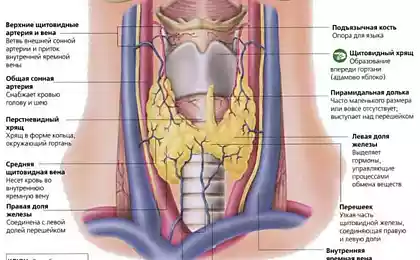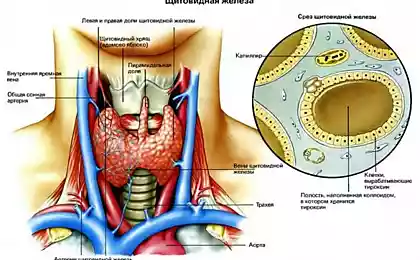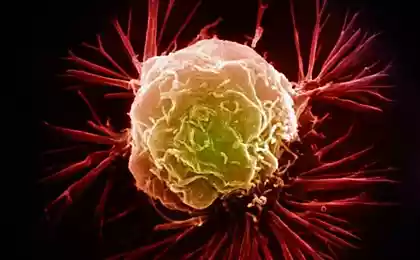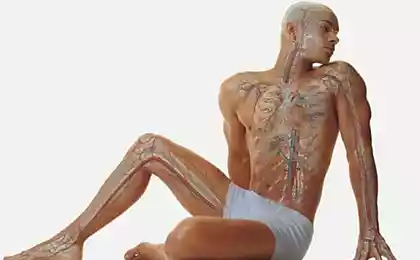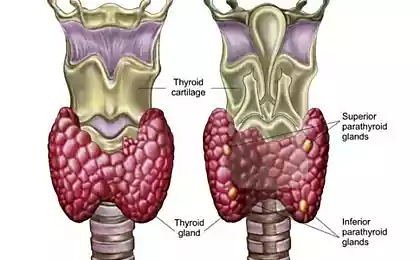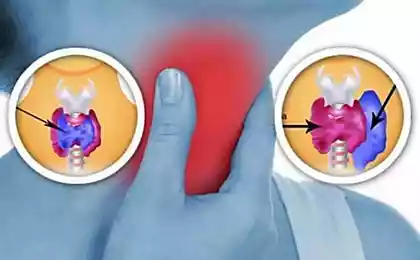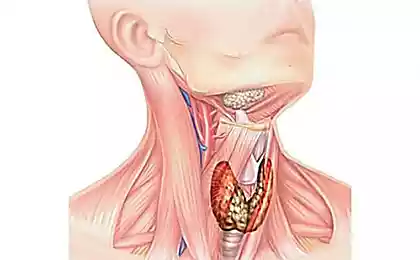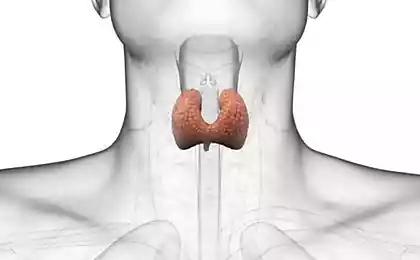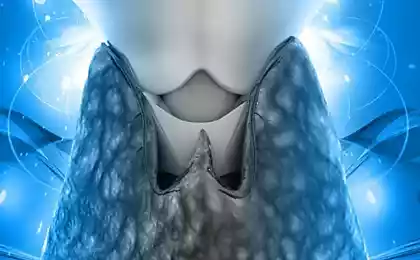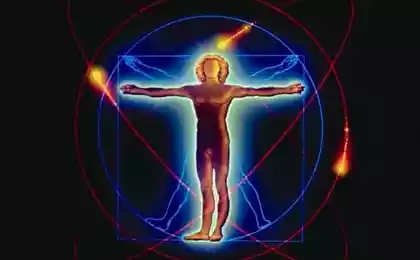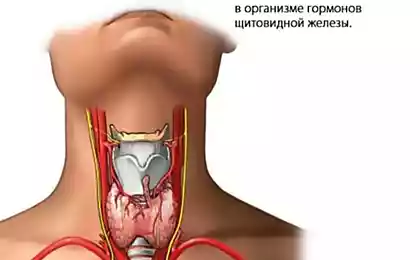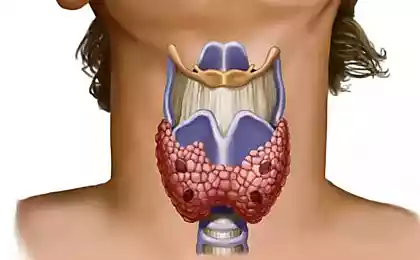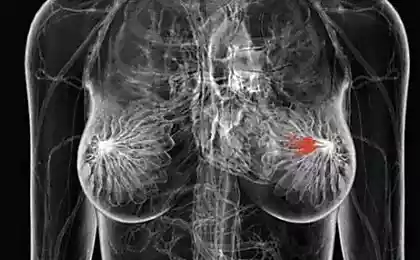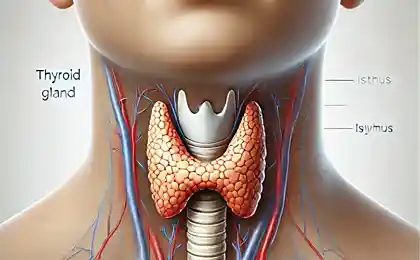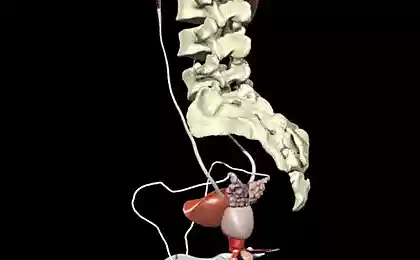146
7 signs of thyroid disease that we do not notice

The thyroid gland is responsible for the production of hormones that regulate metabolism, temperature and pulse. If its work is disrupted, it can have serious consequences for our organs, including the liver, intestines, kidneys, reproductive system, heart and even brain.
Today. Website It will tell you what symptoms you should pay attention to to avoid serious health problems.
Fatigue and irritability

Thyroid disease can affect energy levels and mood. With hypothyroidism, fatigue and loss of strength are felt. Often there are problems with sleep, anxiety and irritability.
Change in heart rate

Thyroid hormones affect almost every organ and can affect the heart rate. People may notice that their heart rate is lower than normal, or conversely, the rhythm can speed up dramatically.
Sudden weight gain or loss

A sharp change in weight is one of the most common signs. Increase or decrease weight in a short time It can signal low levels of thyroid hormones.
Dry skin and brittle nails

Dry and itchy skin can be a sign of thyroid problems. The nails become brittle, and they appear voluminous longitudinal stripes.
Poor temperature regulation

Thyroid diseases can impair the ability to regulate body temperature, people can freeze, or, conversely, excessive sweating and aversion to heat can appear.
Neck bulge

Swelling or enlargement in the neck is a visible sign that there are problems with the thyroid gland, be sure to pay attention to this.
Muscle pain, seizures

Hypothyroidism can manifest various pains in the body. In most cases, these symptoms are due to muscle swelling or a tumor that presses on the nerves.
How to check

Between 22:00 and 00:00 a.m., take 5% iodine and apply an iodine mesh to the wrists of both hands, because the thyroid gland is a paired organ, and each component of this pair works differently.
In the morning, look at which hand the iodine has absorbed more, that is, disappeared. Where iodine is more absorbed - there is a greater need for gland iodine.
If the right has disappeared - violations in the right part of the thyroid gland, respectively, if on the left, then the problem should be sought in the left part, as a rule, the pathology is only on one side.
These symptoms are not the basis for making a diagnosis on your own, because they can coincide with the signs of other diseases. If you notice the above signs, do not ignore them, consult a doctor and undergo an examination.
via en.wikipedia.org/wiki/Iodine_deficiency
10 countries that gave the world the most luxurious beauties
18 cool toys that fall in love with the whole world
